Meet the speaker: Courtney Ryder
Published in Sustainability and Public Health
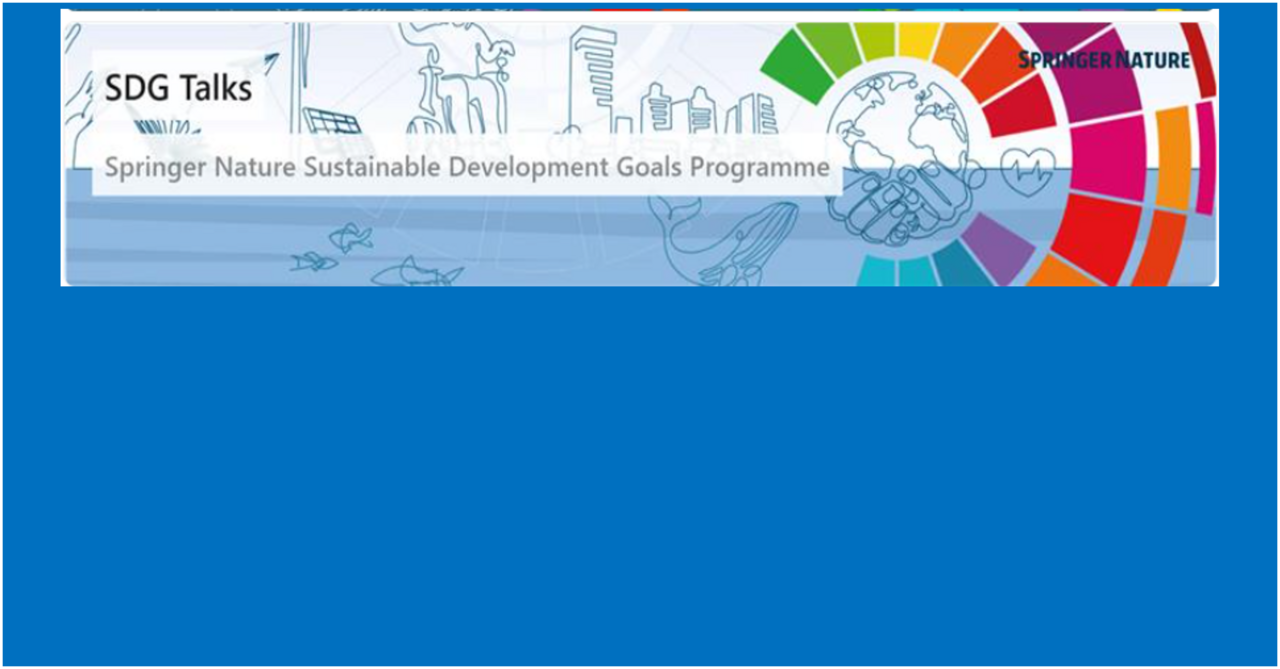
On September 10th, 2025, the SDG 5 working group will host a panel discussion on Gender identity in Indigenous communities. This event is part of the Springer Nature SDG Talk series, a forum for discussion within and beyond academia of issues, progress and opportunities relating to research in support of the UN Sustainable Development Goals.
Register here.
Gender identity is a complex concept that sits at the intersection of cultural, social and historical constructions. It becomes even more multifaceted when considering the perspective of Indigenous communities, where the definition of gender has historically been more nuanced compared to the Western traditionally binary system. Many indigenous communities, for example, recognize the notion of a gender in between male and female or alternatively gender fluid.
In the forthcoming event, we will delve into the challenges that Indigenous communities face in terms of social acceptance and legal recognition, exploring the ways Indigenous communities are working on to reclaim, preserve, or protect their gender identities despite colonial legacy, LGBTIQ+phobia and discrimination. Two speakers will join us in the conversation: Professor Courtney Ryder, an Aboriginal early career research and leader at Flinders University, and Professor Ebenezer Durojaye, Professor of Law and Acting Director of the Centre for Human Rights at the University of Pretoria. We had the privilege to talk to one of them ahead of the session.
Let’s meet Associate Professor Courtney Ryder.
Tell us a bit about yourself.
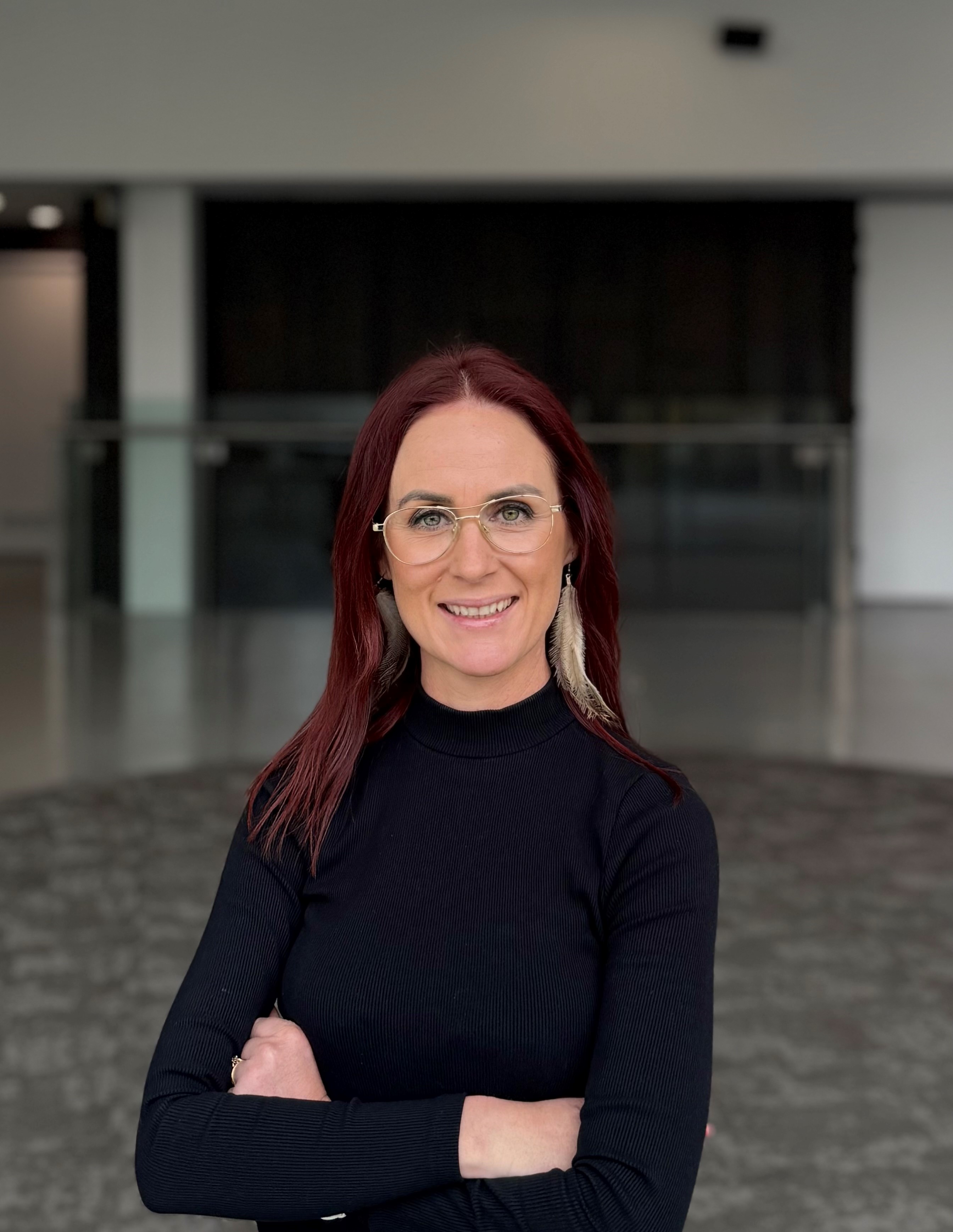 I am the Discipline Lead for Trauma and Injury, Co-director of the Health Equity Impacts Program and Matthew Flinders Fellow at Flinders University. As an Aboriginal injury epidemiologist, my work spans trauma and injury across the life span, where I work with a range of clinical teams, researchers and Aboriginal and Torres Strait Islander community organisations on prevention and support initiatives. This work is leading new ways of working with Indigenous Data through knowledge interface methodology and Indigenous Data sovereignty to change the way in which data is recorded, analysed and reported.
I am the Discipline Lead for Trauma and Injury, Co-director of the Health Equity Impacts Program and Matthew Flinders Fellow at Flinders University. As an Aboriginal injury epidemiologist, my work spans trauma and injury across the life span, where I work with a range of clinical teams, researchers and Aboriginal and Torres Strait Islander community organisations on prevention and support initiatives. This work is leading new ways of working with Indigenous Data through knowledge interface methodology and Indigenous Data sovereignty to change the way in which data is recorded, analysed and reported.
How does your work relate to SDG5 and indigenous communities?
As a female Aboriginal early career researcher, I am deeply committed to advancing gender equality and empowering Aboriginal and Torres Strait Islander women and girls, which are core aims of SDG5.
My research addresses systemic inequities through culturally grounded methodologies that centre Indigenous knowledge, methodologies (knowing, being and doing) and leadership. Examples of this include the HEAL e-cohort study, which I lead, and 9/10 of the investigators are female. HEAL will be the first of its kind to transform injury outcomes for Aboriginal and Torres Strait Islander children, through leveraging linked life-course data and embedding Indigenous Data Sovereignty and Governance frameworks, to generate rigorous evidence to inform equitable injury policy and health system reform. Along with the OOPHE study, which explores the impact of out-of-pocket health expenditures on Aboriginal families seeking health treatment in rural and remote regions. Using citizen science and Indigenous methodologies, we are developing a social prescribing Web App to address social determinants of health and reduce financial burden.
This research and our other projects not only generate transformative evidence but also create pathways for Aboriginal and Torres Strait Islander women to lead, shape, and benefit from research that reflects their lived experience. Through my leadership in the Health Equity Impact Program and representation across national boards, I am working to ensure Aboriginal and Torres Strait Islander women and girls can thrive, contribute, and be recognised in research, policy, and community.
What does success in achieving the SDGs look like in your field of research?
Success requires radical change, especially in Aboriginal and Torres Strait Islander health research. In my research field, this means dismantling colonial systems and rebuilding research ecosystems that are equitable, culturally safe, and governed by Aboriginal and Torres Strait Islander, knowledges, methodologies and priorities. Central to this transformation is the leadership of Aboriginal and Torres Strait Islander women and girls, who must be recognised beyond being mere participants in research, but as leaders, decision makers, and knowledge holders across the entire research life course. Research outcomes must reflect their lived realities, strengths, and aspirations.
Success also means investing in the next generation of Aboriginal and Torres Strait Islander researchers, through mentoring, training, and creating pathways for leadership and impact. Through community-led governance, structural reform, and relational research practices, which shift deficit narratives to strength-based approaches that reflect the lived realities and aspirations of Aboriginal and Torres Strait Islander communities.
Success, which is about equity, is also about restoring agency, amplifying Indigenous voices, and creating lasting systems of empowerment for Aboriginal and Torres Strait Islander women, girls, and gender diverse peoples. It is about ensuring that communities are leading the way in defining what gender justice looks like on their terms.
Reflecting on your journey in this field, what obstacles have you encountered, and how do you envision the path forward toward meaningful solutions?
I might get in trouble if I name all the barriers I have faced. Yes, in my journey, I have faced persistent, deeply embedded obstacles, but at the same time, I have been provided with mentorship and support, which have carried me forward to where I am today.
On a personal level, I’ve grappled with imposter syndrome, an experience shared by many Aboriginal and Torres Strait Islander women. It’s not a personal failing, but a symptom of systemic exclusion, racism, lateral violence, and gender inequity in academia and research institutions. These structures were never built with us in mind; they need to change! My response has been to create what I did not always have: a safe, thriving, and culturally grounded research environment. I prioritise mentorship, training, and leadership development of Aboriginal and Torres Strait Islander researchers and women, ensuring they are supported to grow and lead.
On a broader scale, the challenge lies in dismantling the ingrained whiteness that dominates research and healthcare systems. Systems and structures which elevate Western biomedical knowledge, and act to dismiss and dismantle Indigenous knowledges. Real change demands bold leadership and genuine allyship. We need people willing to disrupt the status quo, embrace Indigenous knowledges and methodologies, and co-create transformative pathways that allow our communities to engage safely, powerfully, and on their terms.


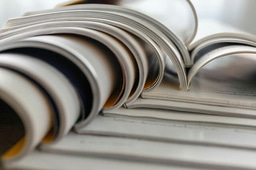
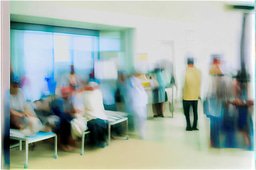
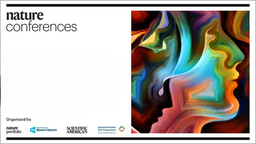
Please sign in or register for FREE
If you are a registered user on Research Communities by Springer Nature, please sign in